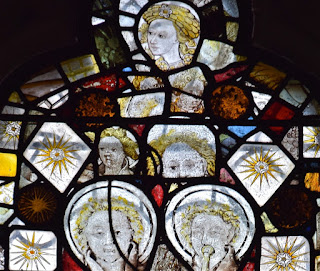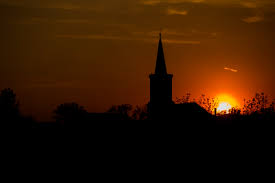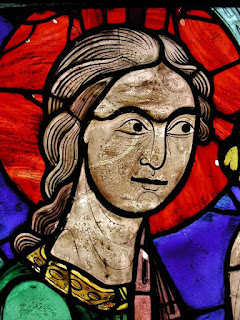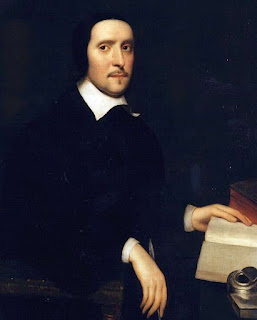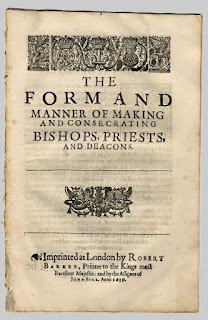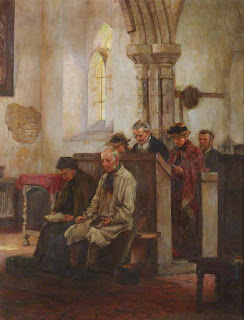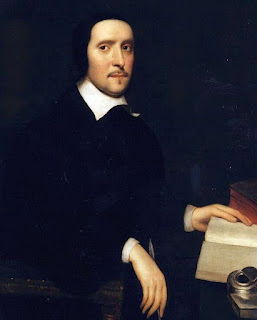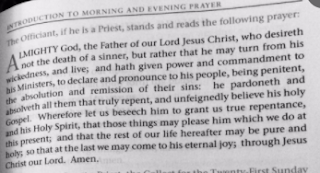"All perils and dangers of this night": the Prayer Book and eerie, dark times
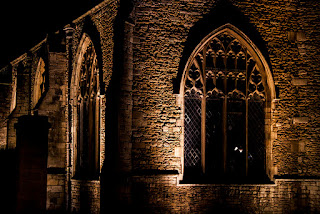
... when the intransigently weird discloses itself and overturns our safe presumptions, how can we cope with it? The question was posed in an excellent recent Earth & Altar article addressing experiences of the eerie. It is, of course, an appropriate time of year to ask this question. It is not only the proximity of All Hallow's Eve. We are entering into a liminal time of year, a season haunted by intimations of mortality, as "the year's midnight" approaches, as the leaves fall, and darkness comes in late afternoon. As the Earth & Altar article notes, we can be "haunted by all manner of phantasmic stories, both the overtly paranormal as well as the more banal sorts of spiritual darkness which choke our faith, hope, and love". Rather than merely dismiss this as 'superstition', "Anglicanism from its beginning has dealt with the anxieties and fears of parishioners with earnestness", providing "practices which viscerally link ...
